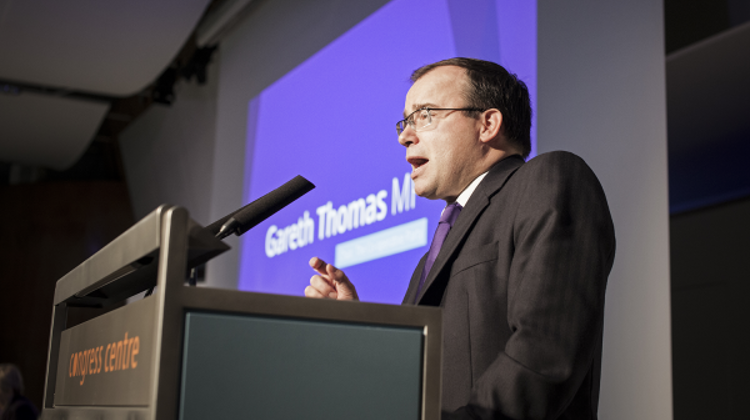The Co-operative Party has launched its manifesto for this year’s general election. The document, the result of a two-year policy process, sets out the party’s agenda on a number of areas, including energy, transport, housing, education and public services.
The party suggests building and shaping institutions that serve collective needs, and promoting a different way of doing business, with a strong emphasis on the mutual sector.
“Whether it’s a question of people coming together to take on the energy companies, the train operators, or even the payday lenders; co-operative and mutual organisations can provide a means through which people can collectively meet their aspirations and help change behaviour for the better,” says the document.
It proposes a number of legislative changes, such as creating a statutory duty to foster diversity of corporate forms and report to Parliament annually on progress. This would include measuring the levels of diversity and the actions taken to promote mutuals, employee-owned firms, family-owned enterprises and other corporate forms.
The policy paper makes the case for establishing a “John Lewis economy” where employees can share the ownership, decision-making and profits of Britain’s businesses. But the party stresses that tax relief should only be offered to all-employee share ownership schemes, which require employees to purchase and hold shares for a number of years in order to benefit.
The document also looks at the lack of access to external capital, which it describes as a serious limiting factor on the growth and development of mutual businesses.
It adds that the government should legislate to permit co-operatives and other mutuals to issue redeemable shares that may be offered to their members who wish to invest in the business, in a similar way to member certificates issued by Rabobank in Holland.
As well as calling for the establishment of an Armed Forces credit union, the party says an incoming government should impose a levy on payday lenders, which would be used to build the capacity of credit unions and their providers as a means of offering affordable alternatives.
In terms of energy policy, the document calls for a commitment to a dramatic increase in community energy, as well as offering a right for communities to invest in new energy generation projects and to take over ownership of their local electricity grid supply.
The party also believes co-operative principles should be applied to transport, with Network Rail guided by mutual principles to become more accountable to passengers and the public. It adds that the government should legislate to enable a not-for-profit operator, run in conformity with co-operative principles, to be established on the railway.
It also says co-operatives can help increase the supply of affordable housing. While 10% of Europeans live in housing co-ops, the percentage drops to 0.6% in the UK. Legislative changes are required to recognise the unique nature of co-ops, argues the document. It adds that the government should enable the country to build 20,000 co-operative homes per year.
The Party also envisages legislative changes in education to ensure that all mainstream state-funded schools can establish co-operative governance structures, should they choose to do so.
The document suggests increasing the number of co-operative schools to 3,000 by 2020 as well as amending the 2006 Education and Inspections act to allow schools to become legally formed co-operatives under the Co-operative and Community Benefit Societies Act.
Sport is also included in the Co-operative Party’s policy agenda, which argues that fans should have the right to appoint a minimum of two board directors for all football clubs. Supporter trusts should also be guaranteed the option to buy up to 10% of the shares of a club at the point of transfer of ownership, it says.
Source: Co-op News

Leave a Reply